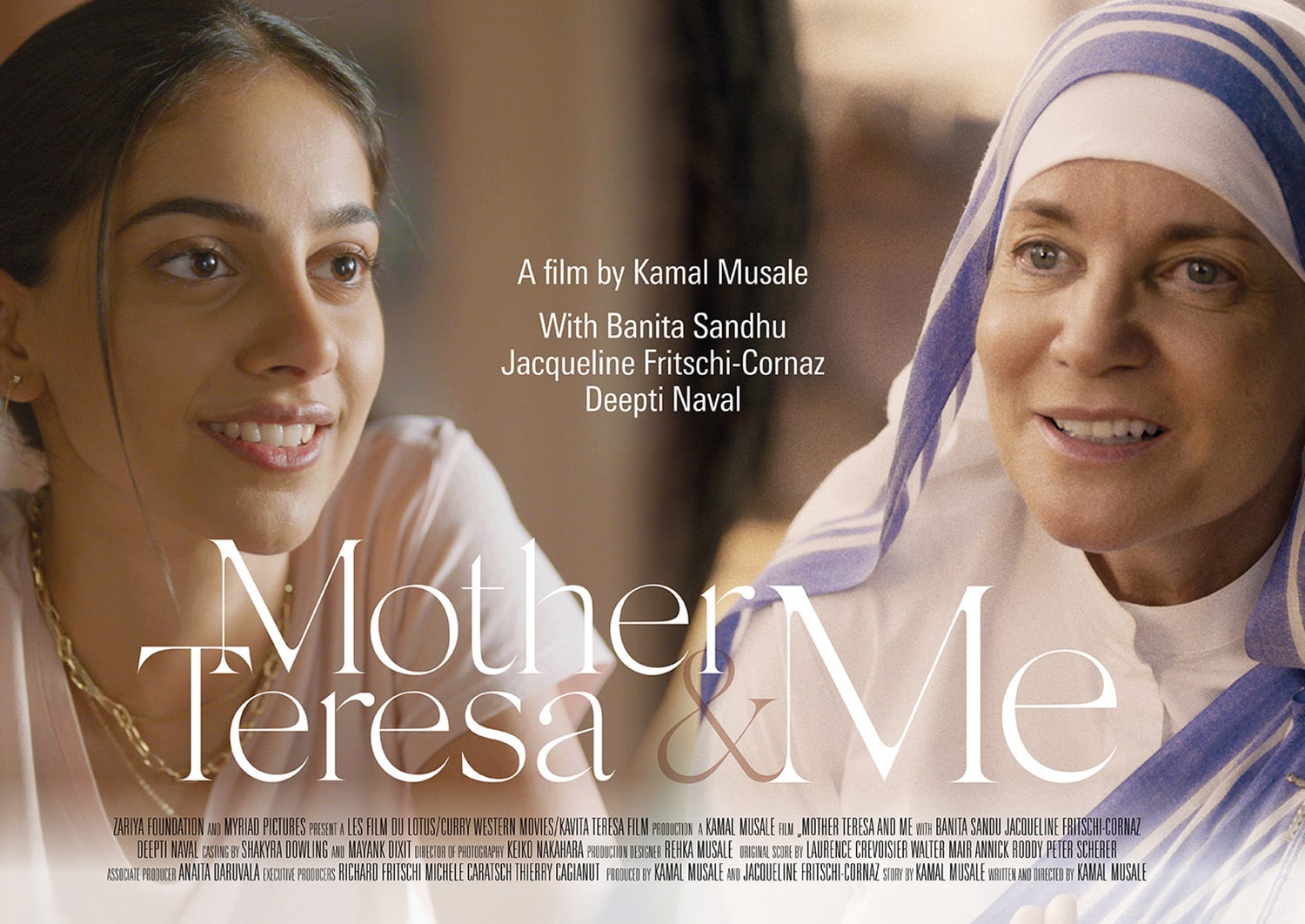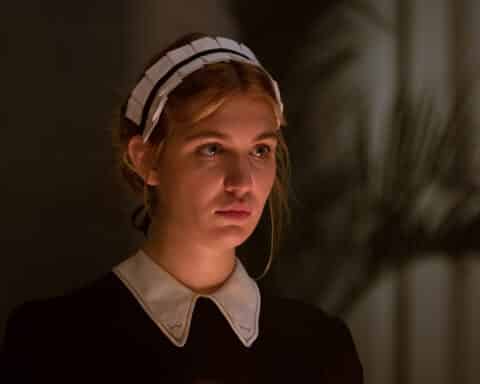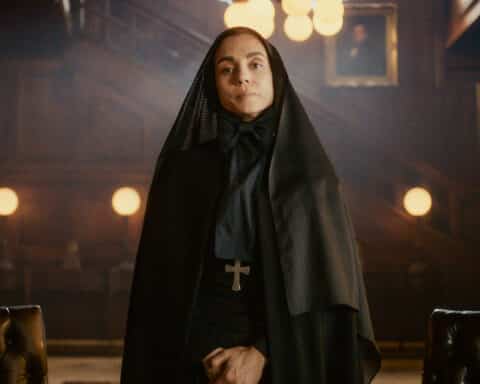The foremost expert in Mother Teresa’s theology and legacy, Father Brian Kolodiejchuk, MC, has expressed concerns and corrections regarding the film “Mother Teresa and Me.” The film contains “grave errors” about Mother Teresa’s spirituality, the priest said.
The new film, directed by Kamal Musale, is generating buzz in the Catholic press, but Father Kolodiejchuk, who today serves as the director of the D.C.-based Mother Teresa Institute, raises critical points about its portrayal of the internationally beloved saint in a Sept. 28 statement.
“Mother Teresa and Me” follows the story of Kavita, a young woman confronted with an unplanned pregnancy. As she grapples with the decision of whether to pursue an abortion, she returns to her hometown in India. There, her elderly nanny recounts the early days of Mother Teresa’s service on the bustling streets of Calcutta. Discovering that Mother Teresa confronted numerous doubts when she could no longer hear the voice of Jesus, Kavita finds herself deeply moved by the story.
Mother Teresa never lost her faith
One of the central issues raised by Father Kolodiejchuk is the film’s depiction of Mother Teresa’s spiritual journey. The film’s website suggests that Mother Teresa lost her faith during a 12-year period and went through a significant change, from the intensity of her epiphany to disillusionment with her connection to God.
Father Kolodiejchuk contends that this story arc is erroneous. He argues that Mother Teresa’s own writings reveal she never “lost her faith” even amid moments of desolation and uncertainty. In her letters, she speaks of an “unbroken union with God” and describes the “doubt” she lived with as a trial of faith, rather than a loss of faith, in line with Catholic mystical tradition.
Father Kolodiejchuk, who was responsible for the publication of Mother Teresa’s personal correspondence about her experience of spiritual darkness, emphasizes that these writings illustrate the depth of her faith and “her confidence that Christ would not abandon her.”
Another issue Father Kolodiejchuk also contests the film’s portrayal of Mother Teresa’s character. He argues that the depiction of her as a “frustrated and loss-driven middle-aged woman” is inconsistent with the loving, radiant and joy-filled saint that people knew and admired. He highlights that Mother Teresa aspired to be an “apostle of joy” and to offer “a hearty ‘yes’ to God and a smile for all.”
An ambiguous pro-life message
The film’s pro-life message is a final point of concern for Father Kolodiejchuk. He questions the ambiguity of the character Kavita, who faces an unexpected pregnancy and contemplates abortion. The film leaves the audience to wonder about Kavita’s choice, whereas Mother Teresa was unequivocal in her pro-life stance. Mother Teresa once insisted, “And if you do not want the child, give it to me. I want it.” She famously denounced abortion as “the greatest destroyer of peace” in her 1979 Nobel Lecture.
Father Kolodiejchuk acknowledges that portraying Mother Teresa is a significant challenge due to the living memory of many who knew her personally. He agrees that there is a need for a non-documentary film that accurately captures the “real and relatable” Saint Mother Teresa, but he emphasizes that a misrepresentation is unjust to her and those who seek to understand her in her full beauty and depth.
The new film will be released in a one-day event As “Mother Teresa and Me” continues to garner attention, it raises important questions about the portrayal of historical and religious figures on screen, especially those who have left an indelible mark on the world through their faith and works of charity.





